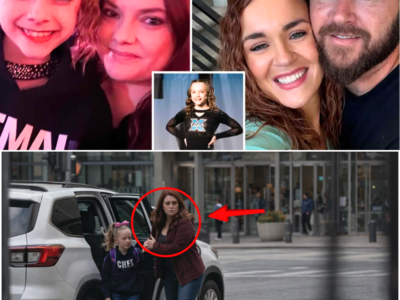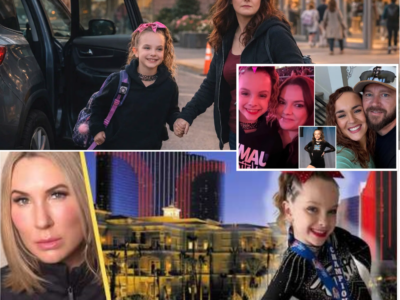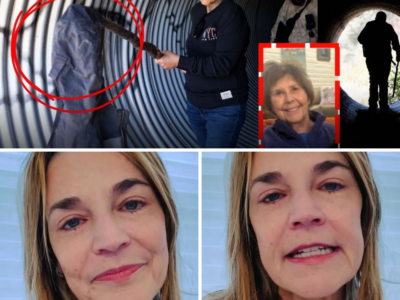Every X-Men movie included a great deleted scene that would have greatly bolstered the movie’s narrative and characterization if they had been kept.
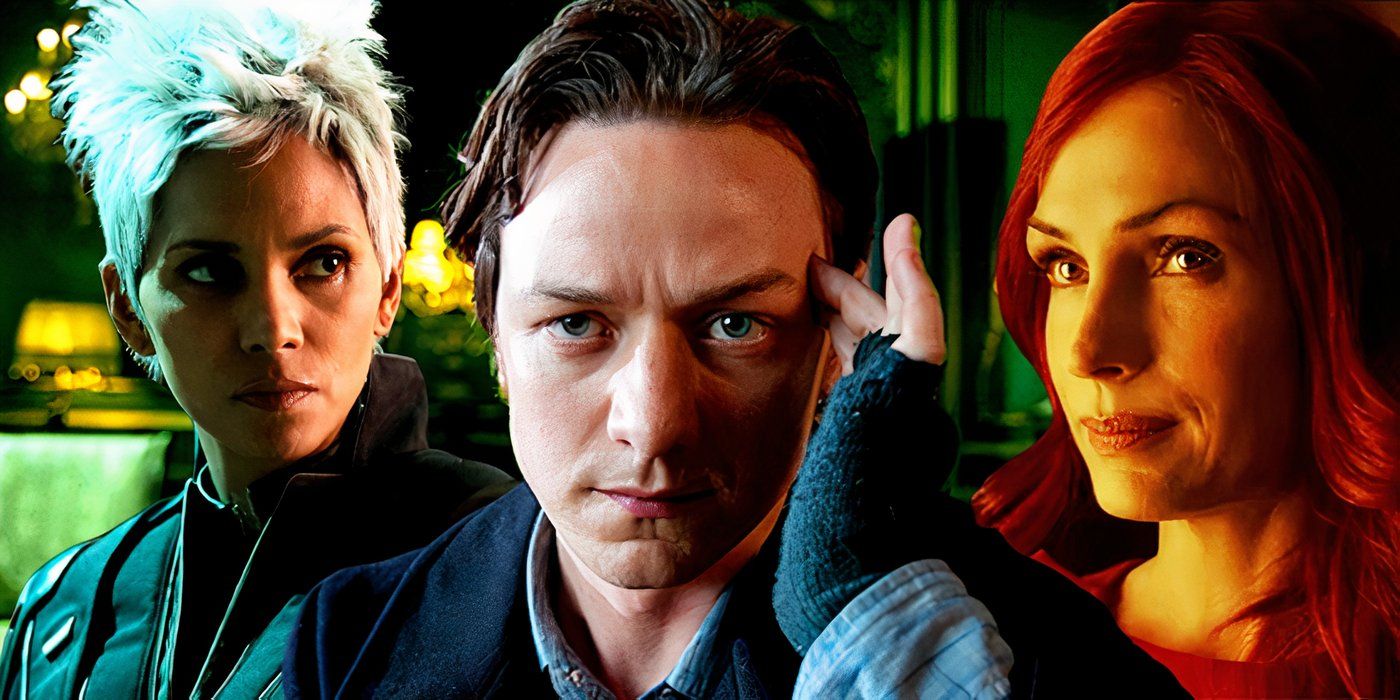
As one of the longest-running superhero franchises, there have been a litany of great X-Men movie scenes that didn’t make it into the final edit – even if they absolutely should have. The X-Men movie timeline is one of the broadest in Marvel movie history, with seven central movies and a swathe of solo projects and spin-offs. Each of these included some incredible deleted scenes that provided essential characterization and plot developments that should have been included in the final cut.
Many X-Men movies have had deleted scenes restored through special edition home releases. Notably, the first X-Men movie was released on DVD with a wealth of missing scenes under the title X-Men 1.5. Later, X-Men: Days of Future Past released The Rogue Cut, which added a lot of deleted scenes to the cinematic edit. Considering how effective the very best deleted X-Men scenes are, each X-Men movie probably should have done something similar.
10. Jean And Xavier Discuss Her Powers
X-Men (2000)
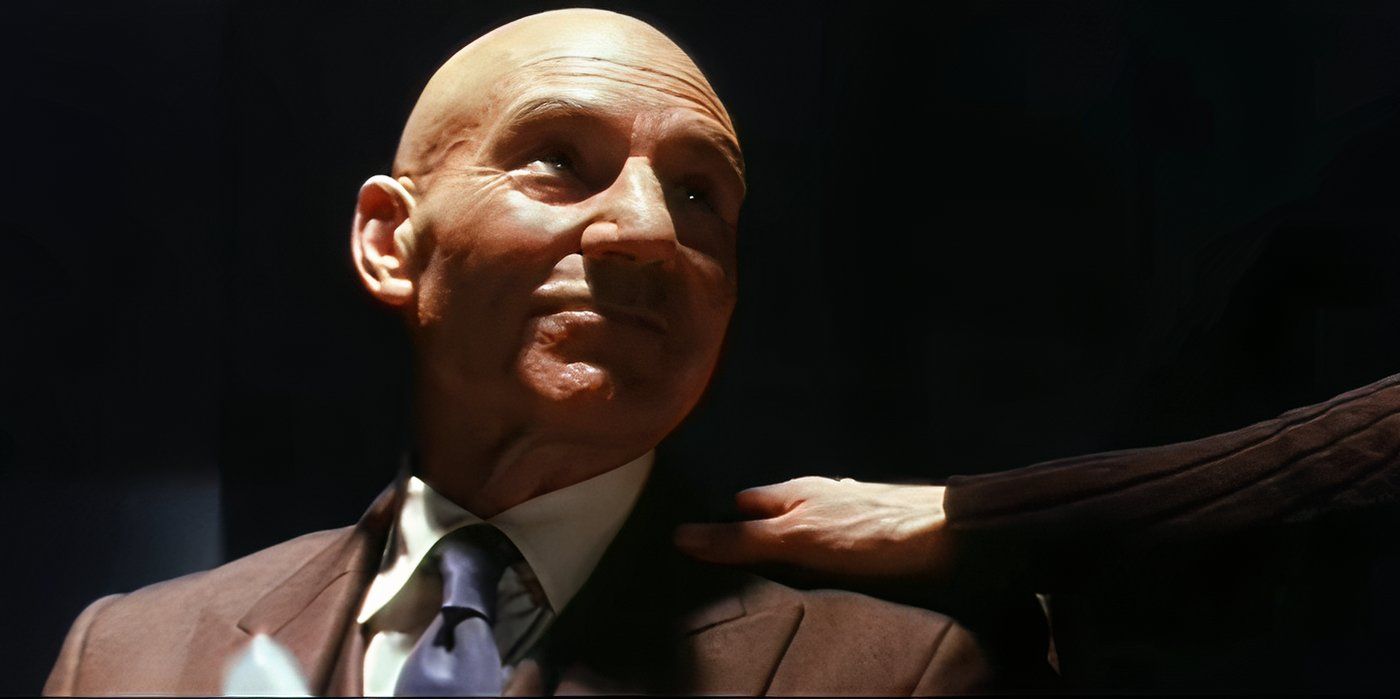
A deleted scene featuring Jean Grey and Professor Xavier in X-Men (2000) effectively foreshadows Jean’s eventual transformation into the Phoenix in X-Men: The Last Stand. In this scene, Xavier discusses his difficulty locating Magneto through Cerebro, prompting Jean to offer her assistance. Xavier, however, declines her offer, insisting that she isn’t ready to handle such a powerful task.
Skip to 8:04 to watch the deleted Xavier and Jean scene from X-Men (2000).
Jean expresses her concerns, mentioning that she constantly feels her powers expanding beyond her control. This exchange highlights her internal struggle with her growing abilities, a crucial element of her character arc that becomes central in The Last Stand. By addressing Jean’s expanding powers and Xavier’s protective stance early on, the scene better establishes the groundwork for her eventual descent into the Phoenix. This early hint would have provided a more cohesive narrative, enhancing the impact of her later transformation.
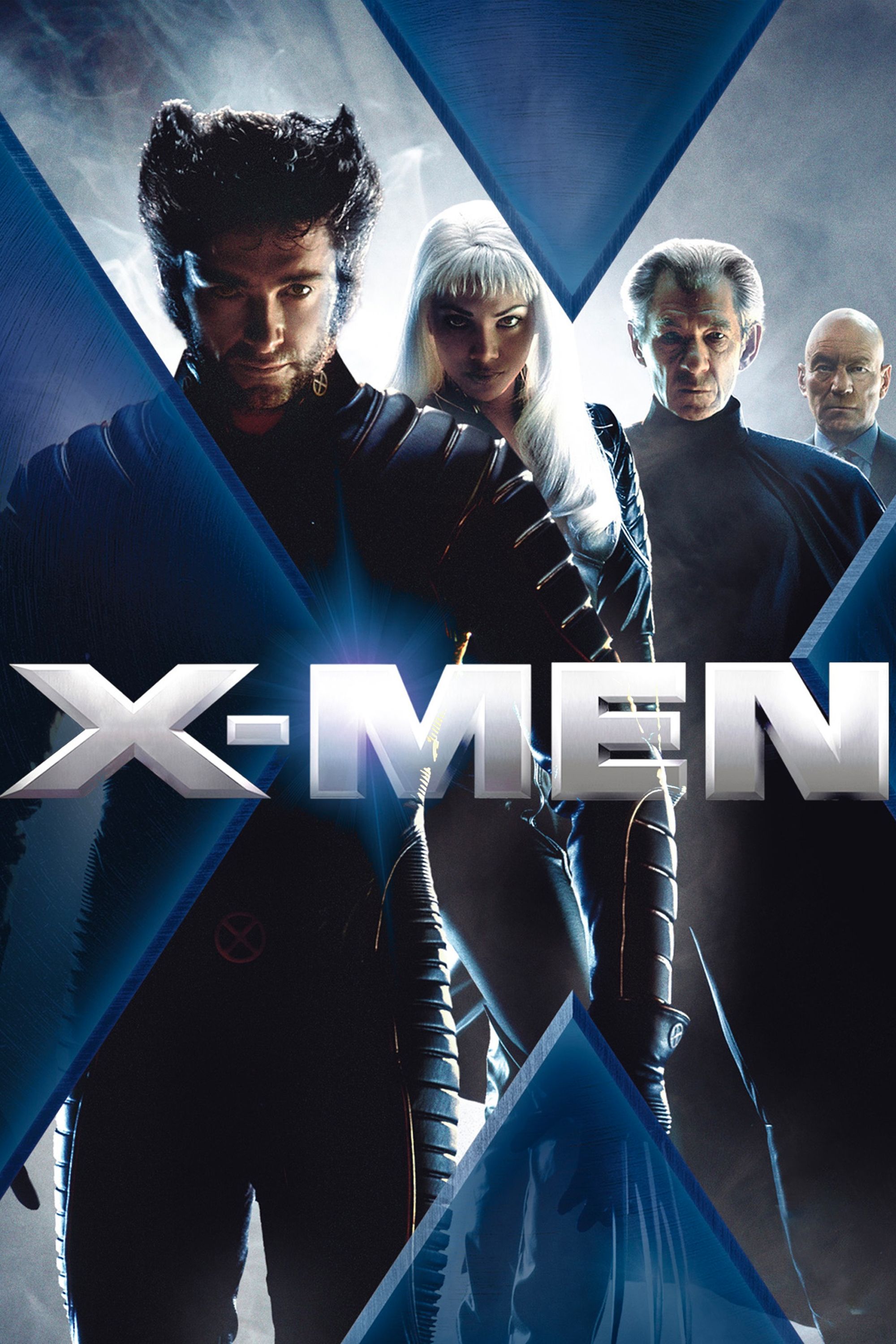
X-Men
PG-13
WHERE TO WATCH
*Availability in US
Stream
Rent
Buy
Not available
X-Men is the first film in the long-running superhero franchise centering on the iconic Marvel team. Wolverine and Professor X take center stage as they and the other X-Men attempt to stop Erik Lehnsherr (aka Magneto) after he has a violent response to the proposed Mutant Registration Act. Hugh Jackman stars as Wolverine, alongside Patrick Stewart, Ian McKellen, Halle Berry, Famke Janssen, James Marsden, and Anna Paquin.
DirectorBryan Singer
Release DateJuly 14, 2000
Runtime104 Minutes
9. Young Mutants Go To The Mall
X-Men: Apocalypse (2016)
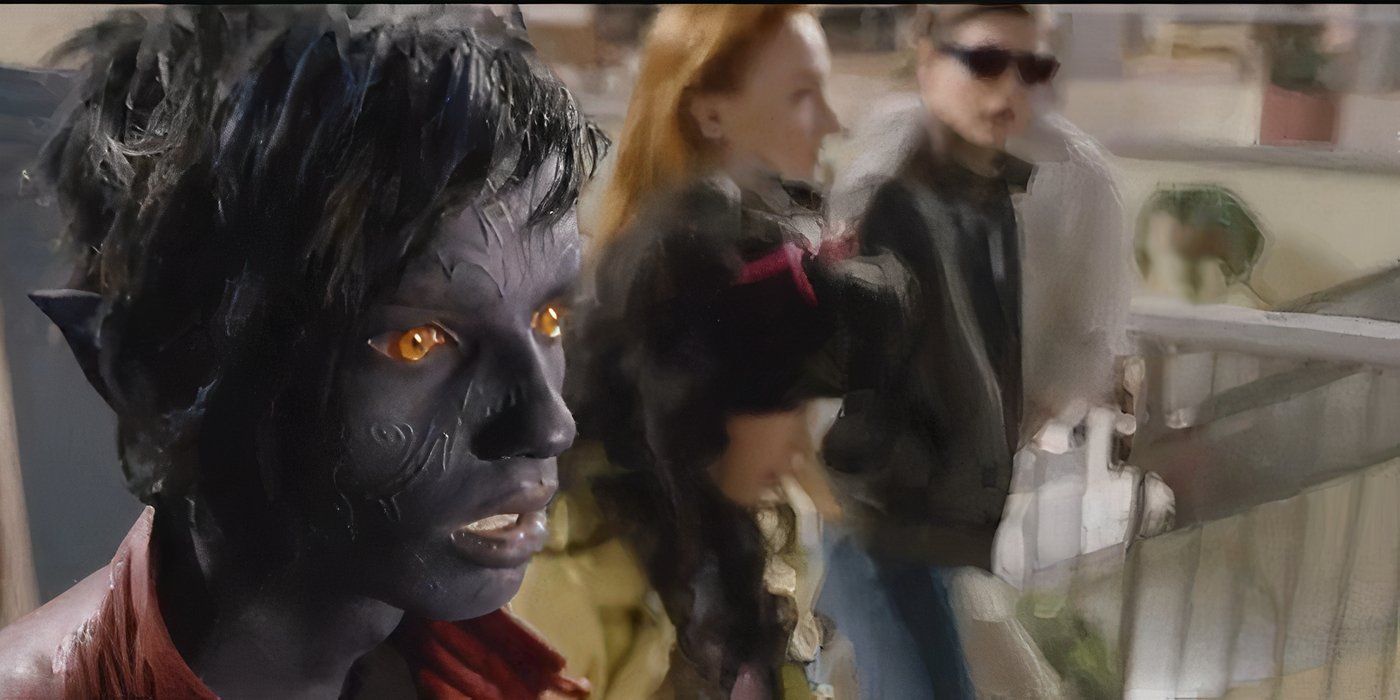
An extended cut of the shopping mall sequence in X-Men: Apocalypse featuring Jubilee, Jean Grey, Cyclops, and Nightcrawler captures a vibrant slice of 1980s culture. Set to the classic 1982 song “Safety Dance,” this scene is a nostalgic homage to the era, showcasing the characters engaging in typical teenage activities and enjoying their youthful camaraderie. The sequence provides valuable world-building, giving viewers a proper glimpse into the lives of the young X-Men before they fully develop into the heroes they’re destined to become.
This lighthearted moment contrasts with the more serious themes of the film, offering a respite that humanizes the characters and deepens their backstories. Importantly, the scene also highlights a significant development in the X-Men universe: the growing acceptance of mutants in society. The young mutants in X-Men: Apocalypse are seen interacting with the public without fear or prejudice, reflecting a more inclusive world developing across the X-Men franchise.
8. Xavier Reasons With Storm
X-Men: Apocalypse (2016)
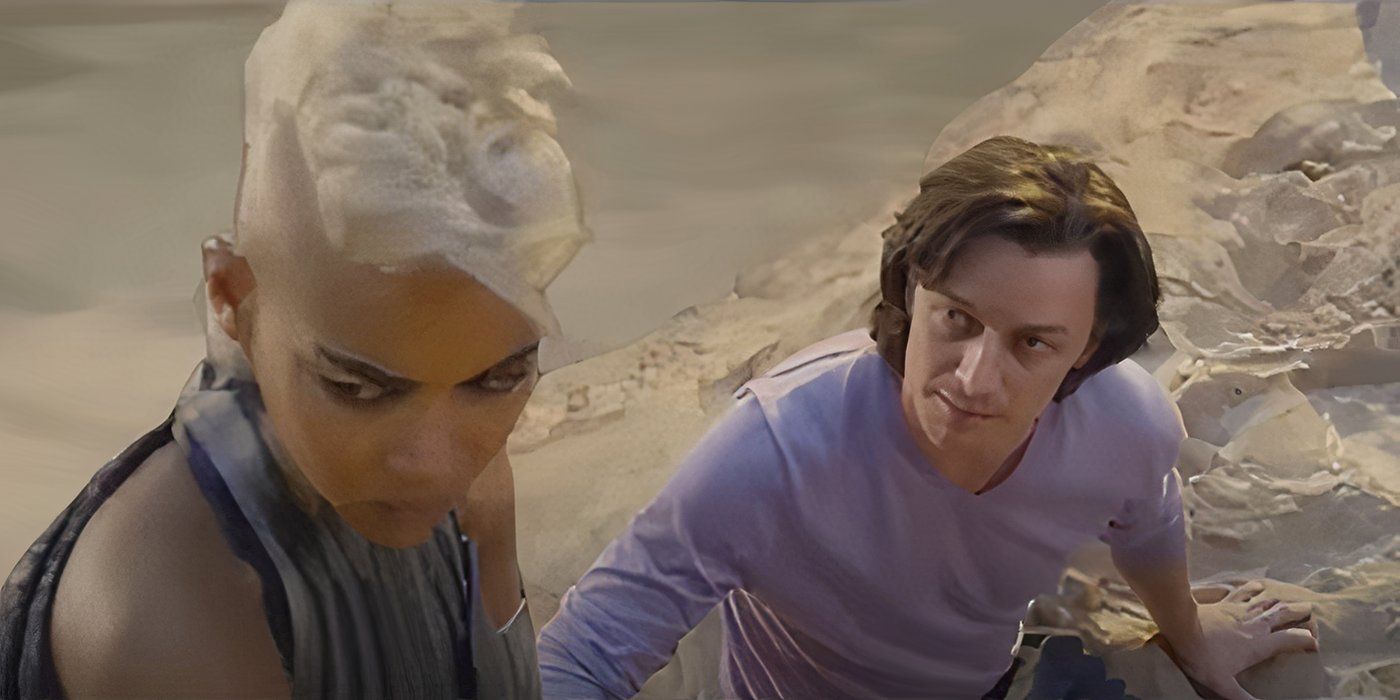
In a deleted X-Men: Apocalypse scene, Professor Xavier attempts to reason with Storm upon noticing her hesitancy to fully commit to Apocalypse’s cause. During the scene, Storm looks uncomfortable when Apocalypse begins destroying the planet, prompting Xavier to whisper to her, appealing to her humanity and remarking that she clearly isn’t a killer. This scene helps reposition Storm not as a simple villain under Apocalypse’s control, but as a conflicted hero wrestling with her choices and allegiances.
Xavier’s intervention suggests his role as a mentor and his deep understanding of his future student’s potential for goodness. By highlighting Storm’s internal conflict, the scene aligns more closely with her character from the comics, where she is portrayed as a heroic figure. This interaction reveals her vulnerabilities and doubts, making her later decisions to join the X-Men and fight for a just cause more believable.
7. Rogue Returns Without The Cure
X-Men: The Last Stand (2006)
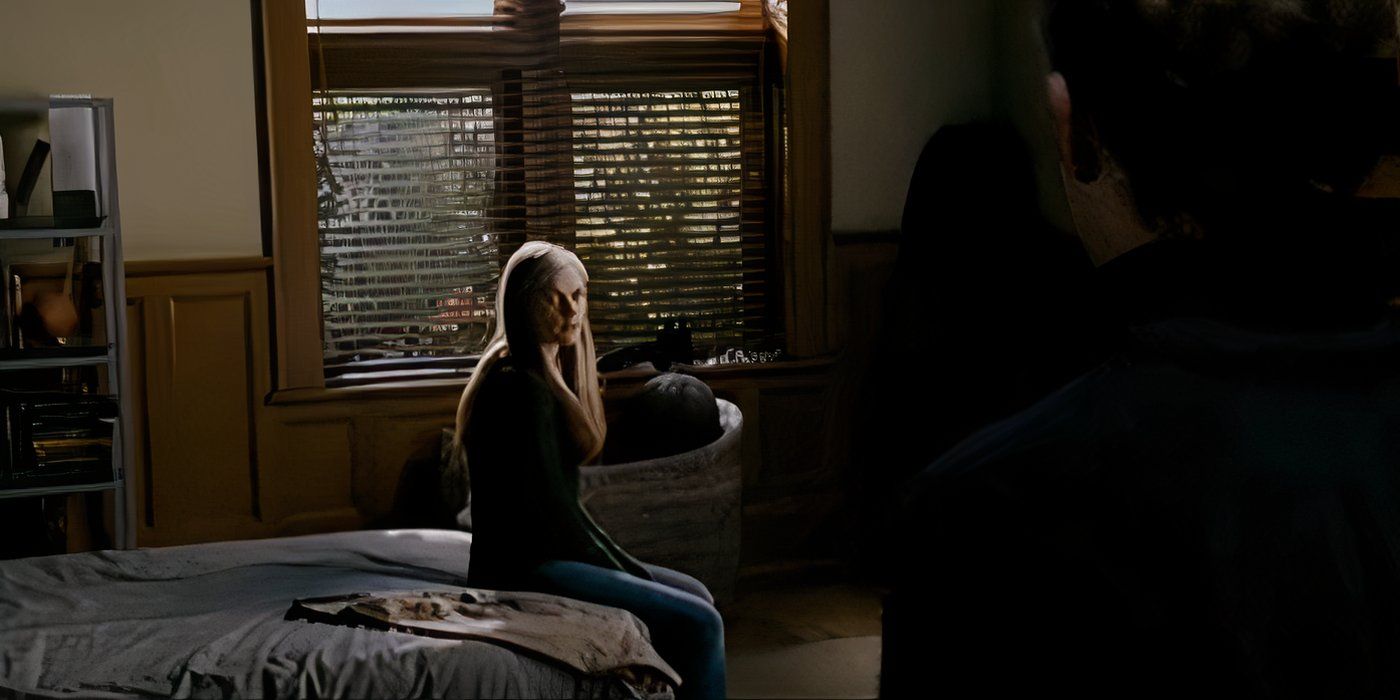
In an alternate ending for X-Men: The Last Stand, Rogue returns to the Xavier mansion without receiving the cure – a moment that aligns more closely with the core message of the X-Men series. In this scene, Rogue explains to her boyfriend, Bobby, that she could not go through with the cure, despite the strain her life-force absorbing powers have put on their relationship. This decision highlights Rogue’s acceptance of her identity and powers, contrasting with the film’s original implication that she took the cure.
Skip to 8:45 to watch the alternate ending with Rogue’s return from X-Men: The Last Stand .
By choosing to remain a mutant, Rogue embodies the message of self-acceptance and pride in one’s unique abilities, a central theme of the X-Men universe. The scene culminates with Rogue proudly declaring, “This is who I am,” a powerful statement of self-affirmation that better concludes her character arc. This statement emphasizes the importance of embracing one’s true self rather than conforming to societal expectations.
6. Xavier And Cyclops Escape
X2: X-Men United (2003)
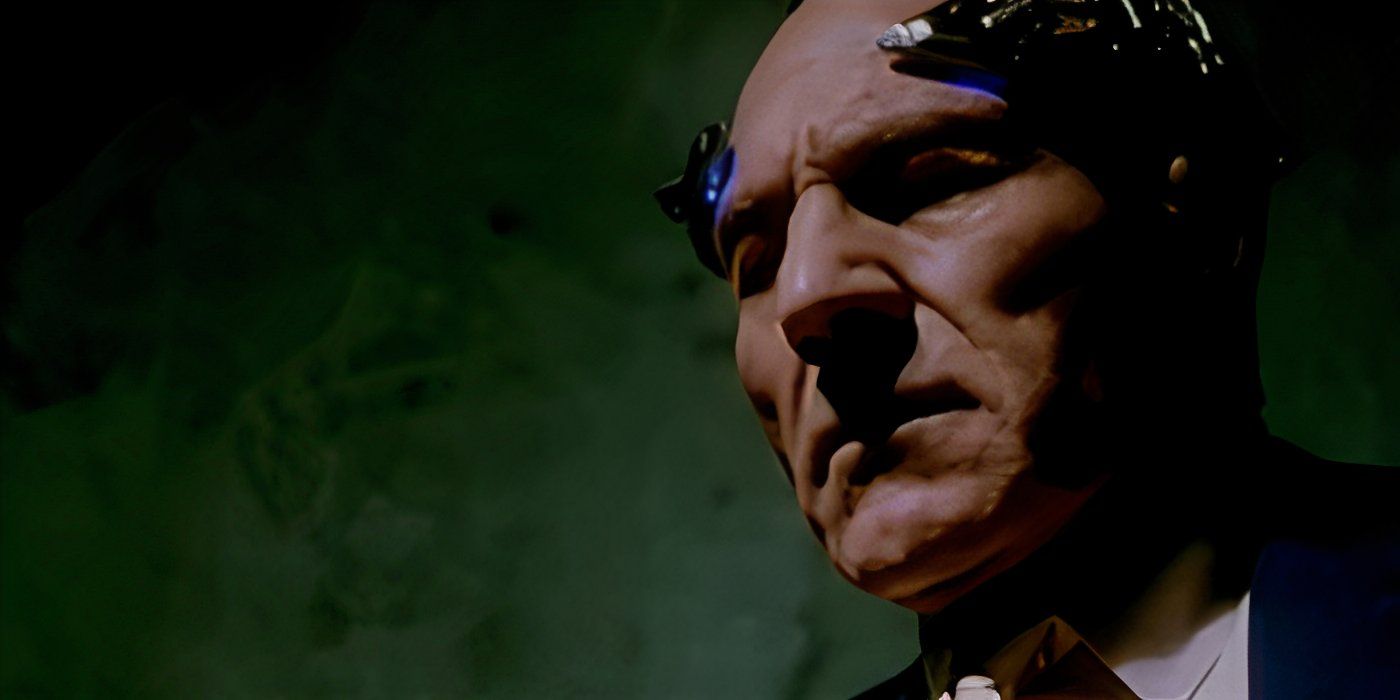
In a chilling deleted scene from X2: X-Men United, Professor Xavier and Cyclops believe they have escaped William Stryker’s compound but are still firmly inside Jason Stryker’s illusion. The scene depicts Xavier breaking free from Jason’s control, retrieving Cyclops from his cell, and flying a helicopter back to the Xavier Mansion. There, Xavier meets a young mutant who implores him to find the X-Men, leading to Xavier almost killing the world’s mutants.
Skip to 7:04 to watch Xavier and Cyclops’s deleted escape scene from X2: X-Men United .
This scene in X2 was far more effective at establishing why Xavier would need to locate mutants, as he and Cyclops think they have returned to an empty mansion. This scene demonstrates the high stakes of their mission, with Jason able to fool the world’s most powerful psychic. Moreover, this moment allows Xavier to be far more active than usual in the X-Men prequels, where he is frequently absent from the action.
5. Wolverine And Storm Kiss
X-Men: Days Of Future Past (2014)
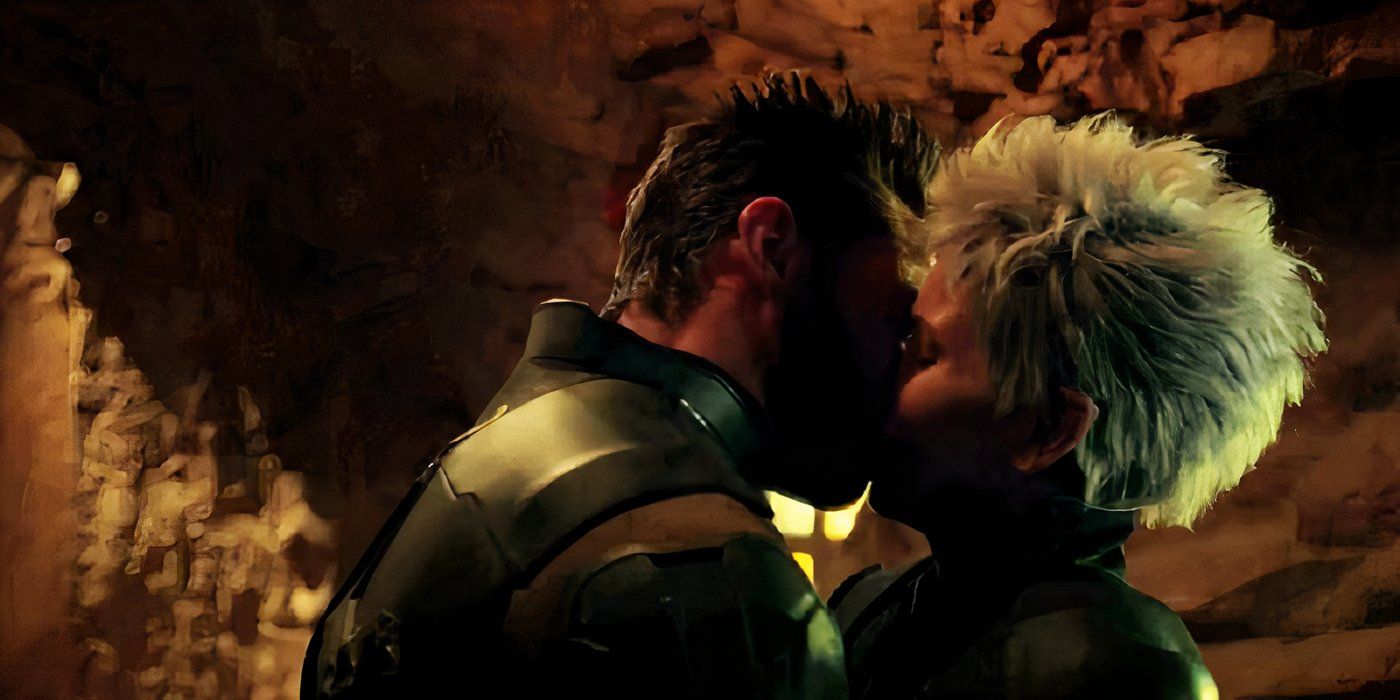
X-Men: Days of Future Past alluded to a potential romance between Wolverine and Storm in the future timeline. However, their love is confirmed in a deleted scene where the pair share a kiss moments before Wolverine is sent back in time. This moment is noteworthy for enhancing their individual narratives while also elevating the jeopardy of their respective tasks. The couple’s romantic connection highlights the sacrifices they are willing to make, making their actions feel even more noble and poignant.
Wolverine and Storm’s kiss in Days of Future Past recalls their romantic relationship in the comics, which is often overlooked in adaptations. In the comics, their romance is particularly notable in dystopian future timelines, mirroring their dire circumstances. The inclusion of this scene would have provided a richer context for their characters, highlighting the personal costs of their fight against the Sentinel-dominated future.
4. Bolivar Trask Is Taken Into Custody
X-Men: Days Of Future Past (2014)
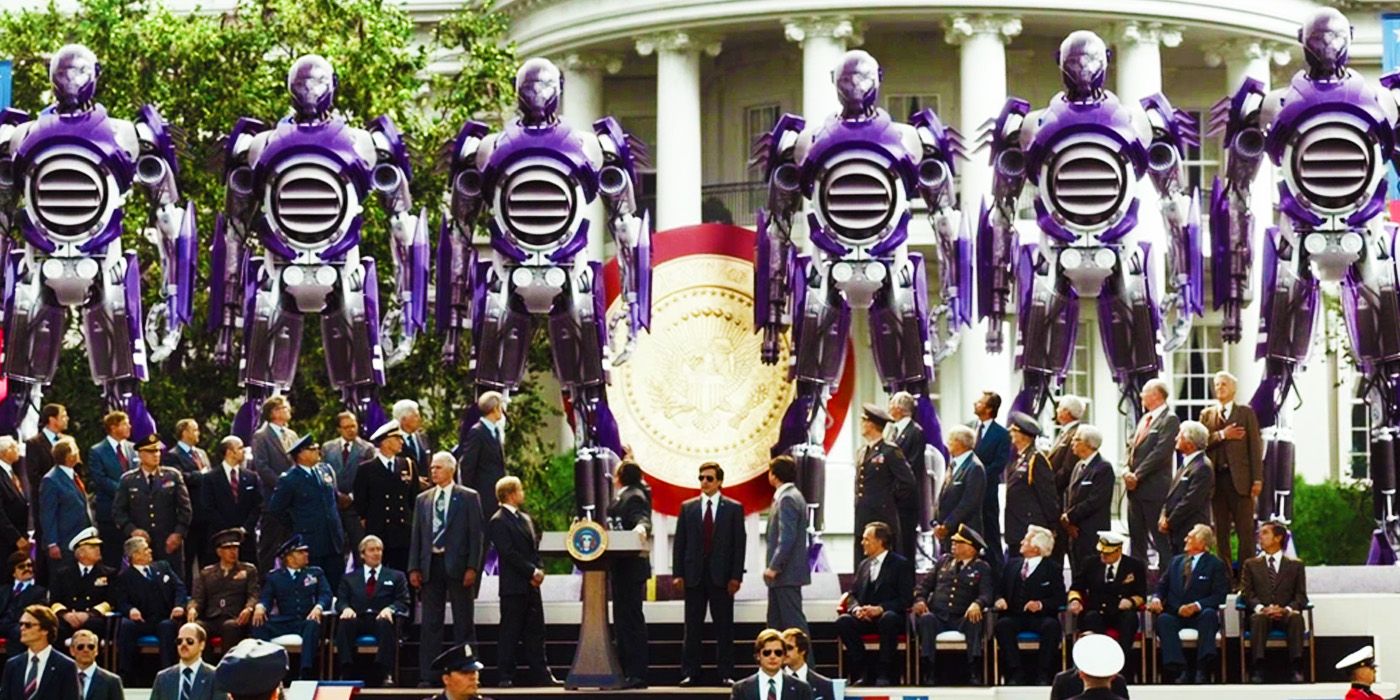
In a deleted scene from X-Men: Days of Future Past, Bolivar Trask is revealed to have committed treason, leading President Nixon to call for his arrest. Nixon’s remark that the government needs some mutants on their side is particularly significant, as it teases the formation of X-Factor, the government-led mutant hero troupe from the comics. This scene also provides proper closure by showcasing a pivotal shift in human-mutant relations and Trask’s downfall.
It illustrates the government turning against the anti-mutant agenda previously propagated by Trask, indicating a potential alliance between humans and mutants. This development stresses themes of unity and cooperation, emphasizing that overcoming prejudice requires effort from both sides. Including this scene in Days of Future Past would present these notions clearly – though they were implied by the post-credits scene in which Trask is seen in prison.
3. Jean Grey Senses A Crying Girl
X-Men: The Last Stand (2006)
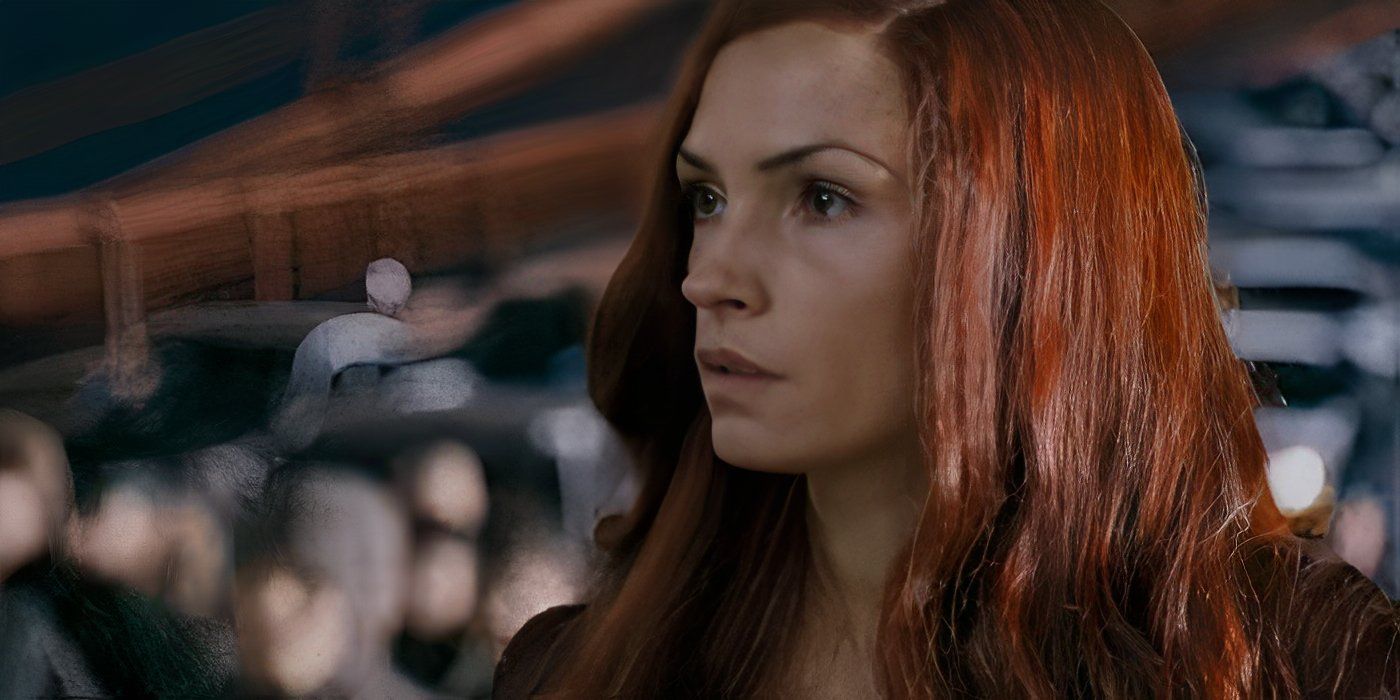
In a poignant deleted scene from X-Men: The Last Stand, Jean Grey senses a young girl crying after Magneto moves the Golden Gate Bridge. As Jean makes eye contact with the girl, a brief moment of clarity and morality returns to her. This fleeting connection with the child’s fear and innocence temporarily restores Jean’s humanity, suggesting that she is not entirely lost to the Phoenix’s destructive power.
Skip to 6:08 to watch the deleted Jean Grey scene from X-Men: The Last Stand .
This scene from X-Men: The Last Stand is crucial as it accentuates the internal struggle Jean faces between her Phoenix persona and her original compassionate self. It adds a layer of complexity to her character, indicating that despite the overwhelming influence of the Phoenix, Jean’s true essence still lingers within her. This moment of vulnerability and empathy makes her final scene one of the most tragic X-Men deaths.
2. Wolverine’s Yellow Suit
The Wolverine (2013)
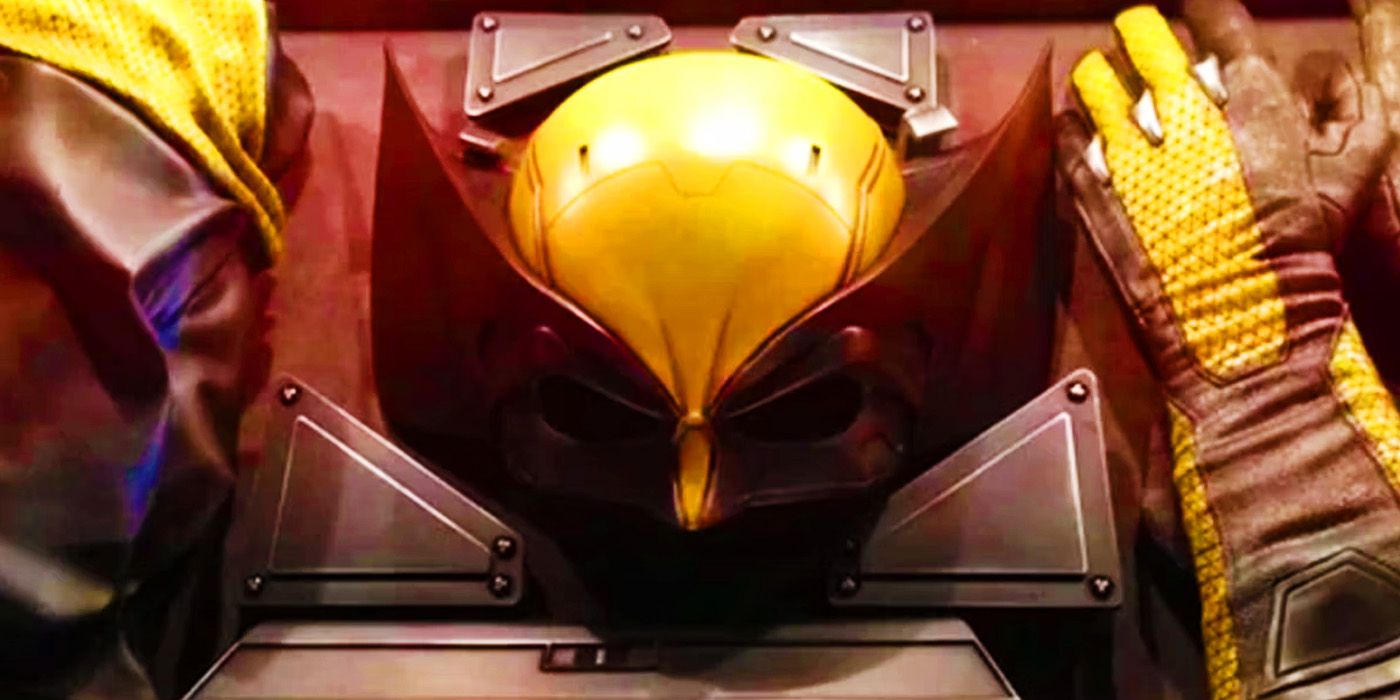
In an infamous deleted scene from The Wolverine, Logan is presented with a comic-accurate yellow and brown costume, a nod to his classic look from the comics. This moment represents one of the biggest unfulfilled teases in the X-Men film series, as audiences have waited a long time to see Wolverine don his iconic costume on the big screen. The scene offers a rare example of a comic-accurate costume in the X-Men movie franchise, which often opted for more grounded and subdued designs.
This moment highlights Wolverine’s legacy but also deepens his character by connecting his cinematic portrayal with his comic book identity. The costume symbolizes his evolution and the duality of his persona – having come to terms with his grief over Jean Grey’s death and becoming a stronger, more true hero. A comic-accurate Wolverine costume went unfulfilled for years, but will finally be actualized in the MCU’s Deadpool & Wolverine.
1. Iceman and Magneto Rescue Rogue
X-Men: Days Of Future Past (2014)
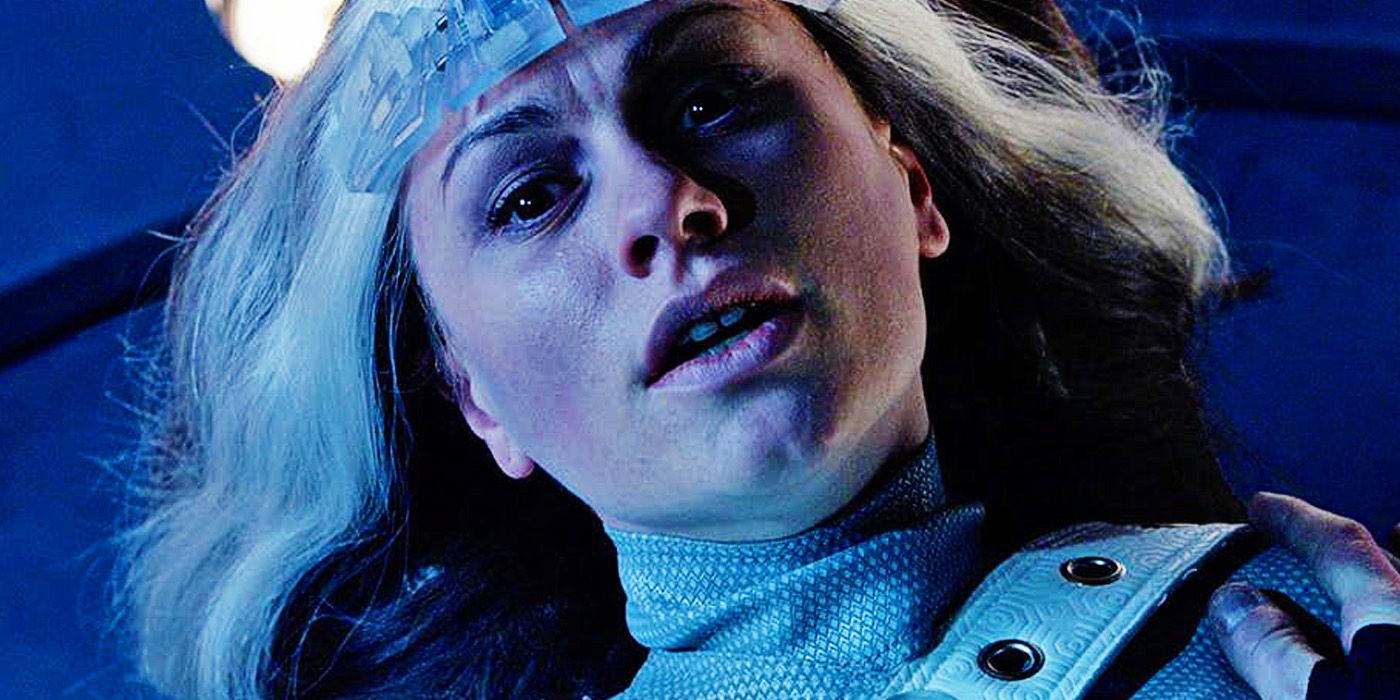
The best deleted X-Men movie scene is from X-Men: Days of Future Past, when Magneto and Iceman embark on a daring mission to rescue Rogue from the Sentinels. This thrilling chase and fight sequence culminates in Iceman’s noble sacrifice. The rescue explores the characters’ deep bonds, with Magneto and Rogue’s dynamic recalling their combative relationship from earlier films. Iceman’s sacrifice underscores the harsh realities of their battle against the Sentinels, making the consequences feel more tangible.
This scene was restored in X-Men: Days of Future Past – The Rogue Cut proffers a gripping action sequence and poignant characterization, enriching the overall story and centering on characters sidelined by the original cut. It also bridges the gap between the franchise’s early movies and its more recent installments, celebrating the continuity and evolution of the characters. The Rogue Cut version delivers a more complete and emotionally resonant experience, cementing this scene’s status as a standout moment in the X-Men series.
